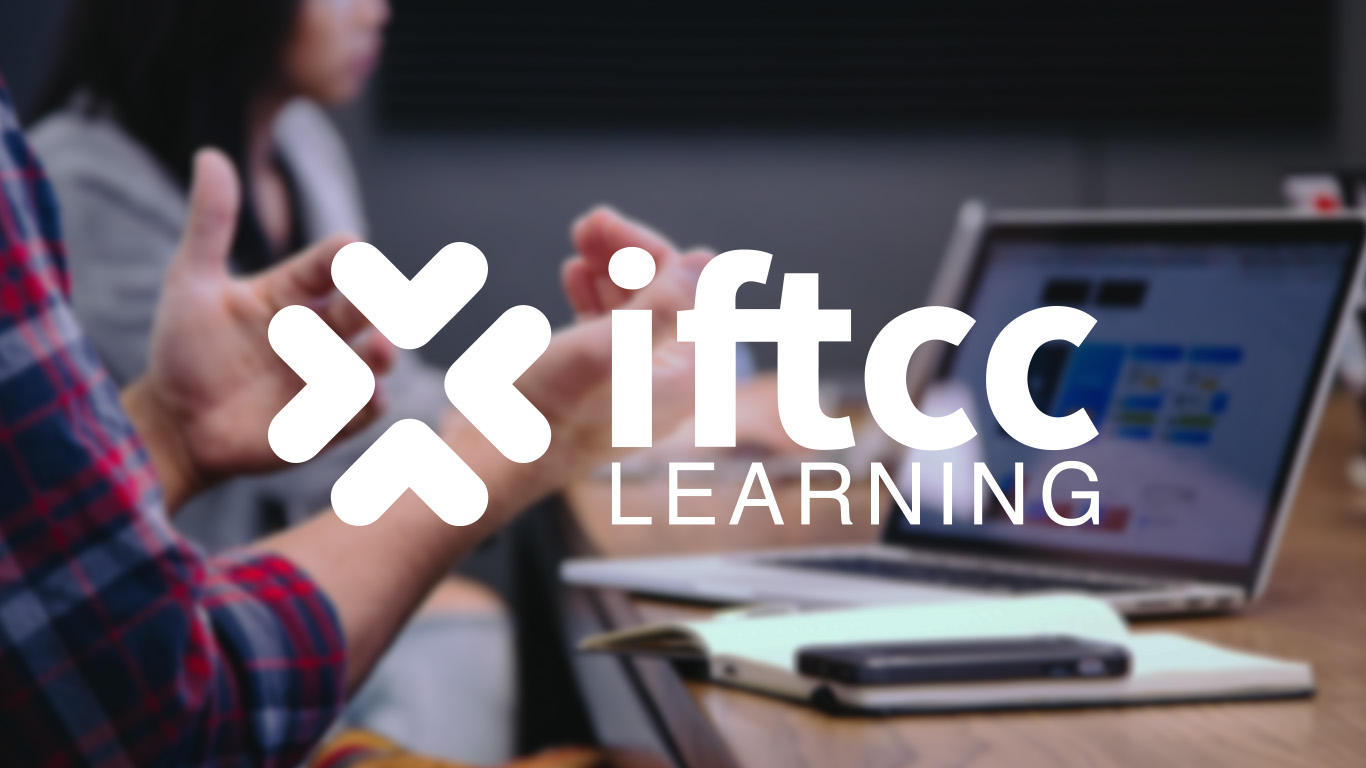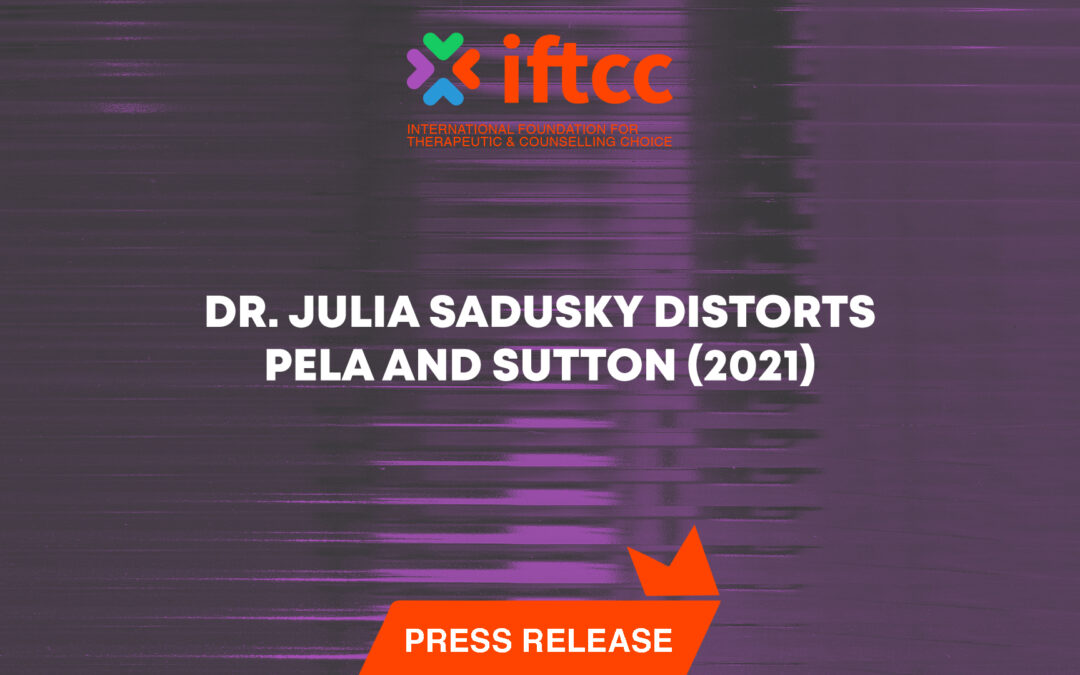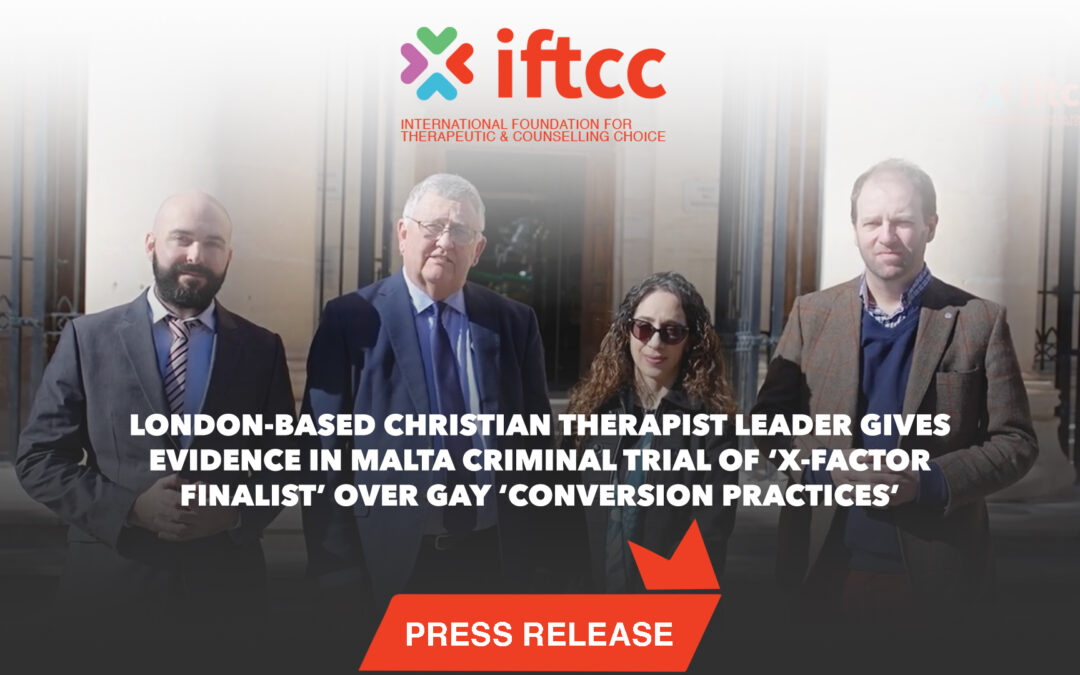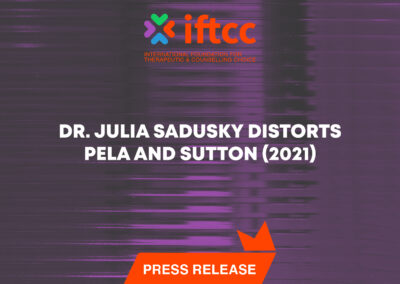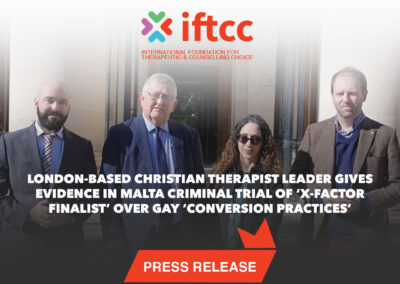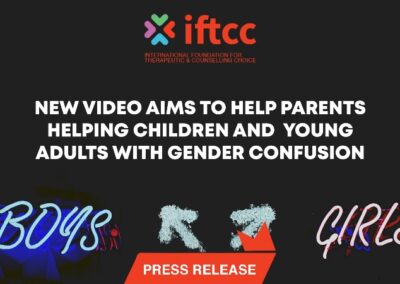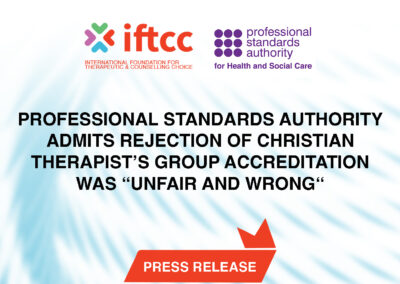What is IFTCC Learning?
IFTCC Learning serves the IFTCC as its public education body. It is led by the IFTCC Education and Training Advisory Council, chaired by Professor Carolyn Pela, and managed by Dr Mike Davidson. I work under the IFTCC Education and Training Advisory Board, a developing sub-committee of the IFTCC Executive
IFTCC Learning aims to provide:
- Further training for qualified counsellors and psychotherapists seeking to upskill their existing knowledge in the field;
- Specific knowledge, current best-practise, research findings and understanding of the field of counselling and psychotherapy for those seeking to leave LGBT identities and practices;
- Pastoral carers and persons of other helping disciplines with a structured approach to care, including the knowledge of when to refer persons to mental health professional services.
The team here at IFTCC Learning have been working this year to create more content, simplify our procedures, and make learning easier and clearer for everyone. Sessions are related to three Learning Domains. Domain 1: Scholarship and Research, Domain 2 :Clinical Practise, and Domain 3: Pastoral Care. These will be referred to at the IFTCC Conference as the ‘Head,’ ‘Hand’s and ‘Heart’ Pathways, respectively. Each of the three Domain is governed by specific Learning Competencies to help learning on three Levels: Basic (A), Intermediate (B) and Advanced (C).
Expanding Curricula
Up to now, the 2022-23 curriculum was the only curriculum on the site since the end of the 2022 conference in Hungary. We have now uploaded both the 2020-21 and 2021-22 curricula expanding the menu, and giving the site an extra 38 teaching sessions! This means that the multiple curricula will provide more than 120 sessions. This means that any lectures you were not present during those years, or any you are interested in can now also be watched. We are also soon to release test questions for all of them, once these have been finalised, and we expect any tests completed already for the 2022-23 curriculum to be marked in the coming months. We will gradually be releasing courses based on curricula from other previous years also.
Recordings of the 2023-24 Conference will be made available on the site by late November. For now, PowerPoints and handouts are available under each session, where these have been made available by presenters.
The New Curriculum Framework
All the currently available curricula are organised according to the 9 competencies within three Domains – illustrated in the ‘Competency Framework Circle’, represented by the illustration below
The IFTCC Competency Framework Circle
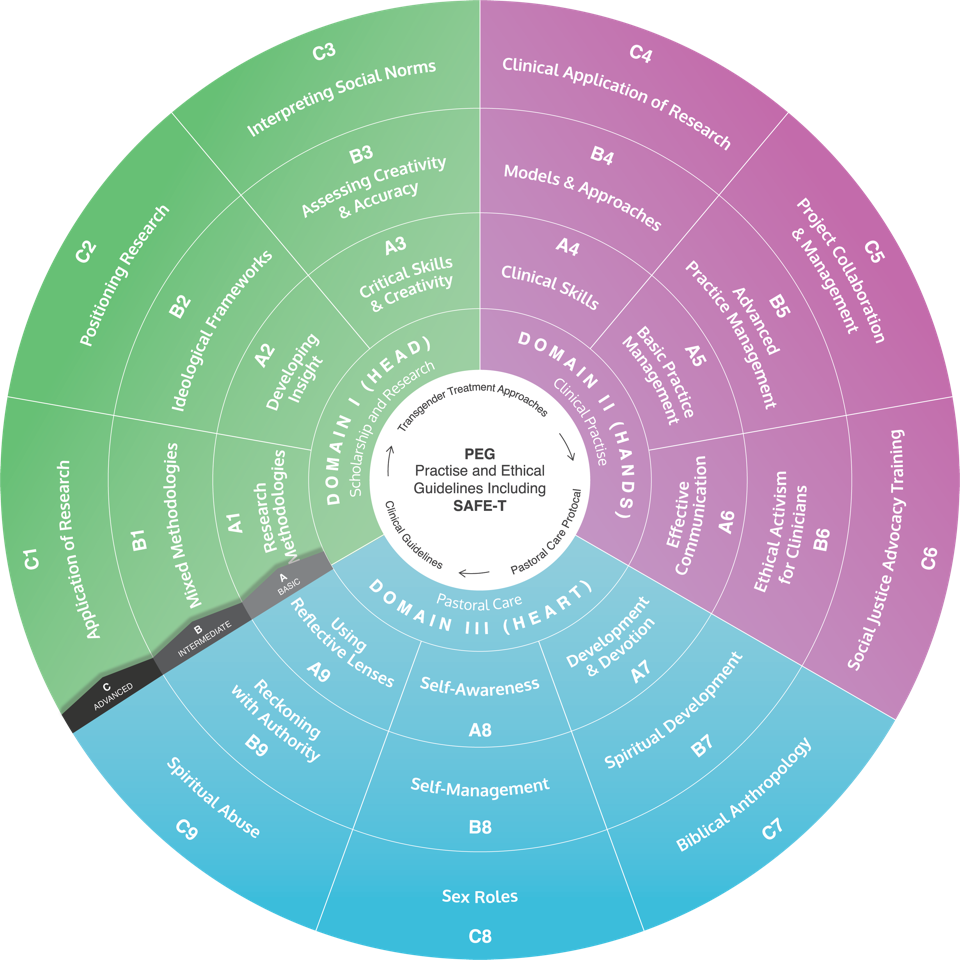
The Foundations of the IFTCC Curriculum
At the centre of the Framework Circle is the Practise and Ethical Guidelines document. This is the ethical framework of the IFTCC, containing three key policy statements:
- The Clinical Guidelines
- The IFTCC Principles for Approaches to Transgender Treatments
- The IFTCC Pastoral Care Protocol
The learning Objectives of the Three Domains
The learning objectives of the three Domains are set out in the diagram below
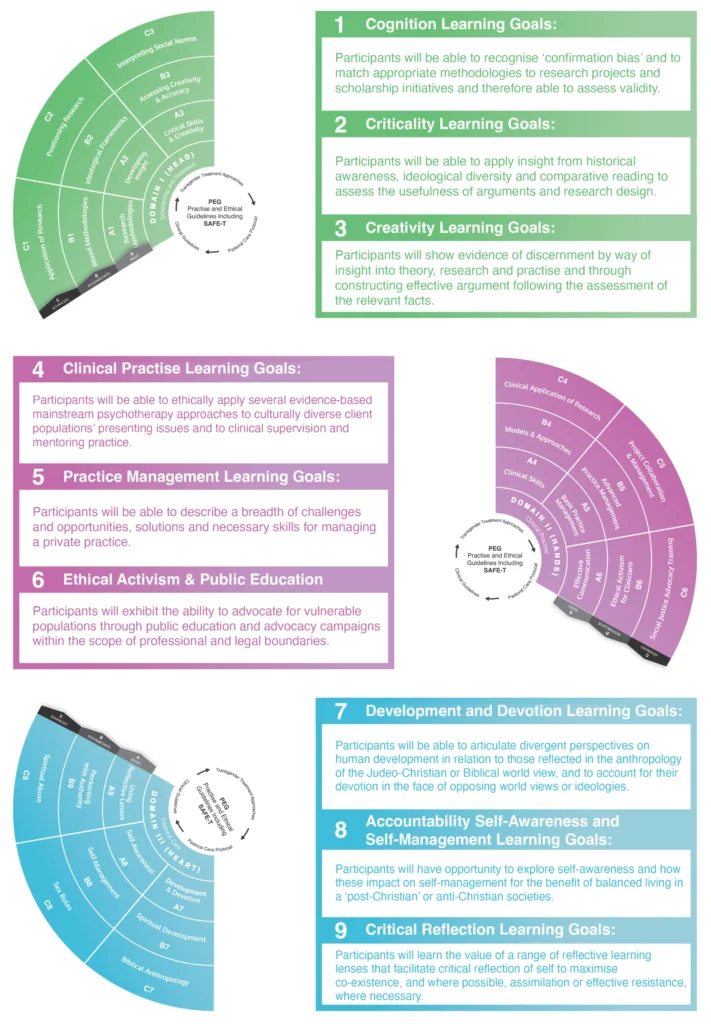
The Competency Framework Table
A detailed description of all the competencies can be found in the table attached here.
This year, we have narrowed down the competencies from twelve in each domain to nine, making our curricula more assessable.
Once again all of these competencies fall into alignment with the ‘Practise and Ethical Guidelines Including SAFE-T (Sexual Attraction Fluidity Exploration in Therapy)’ protocol that the IFTCC upholds.
How are awards given for completion of these courses?
The IFTCC Education and Training Council, led by Professor Carolyn Pela and Dr Mike Davidson, will take advice from members serving on this Council, regarding the structure and content of future awards. The Programme Specifications Document will fully explain the IFTCC Recognised Provider Programme, the rules for engagement with the IFTCC curricula, complaints, grievance procedures and admission rules for the IFTCC’s Learning Community Platform. The Education and Training Council reports directly to the full board of the IFTCC Executive Council.
I look forward to meeting participants at the 9th Annual Conference in Poland and will be happy to answer any questions that may be helpfully answered at that time.

